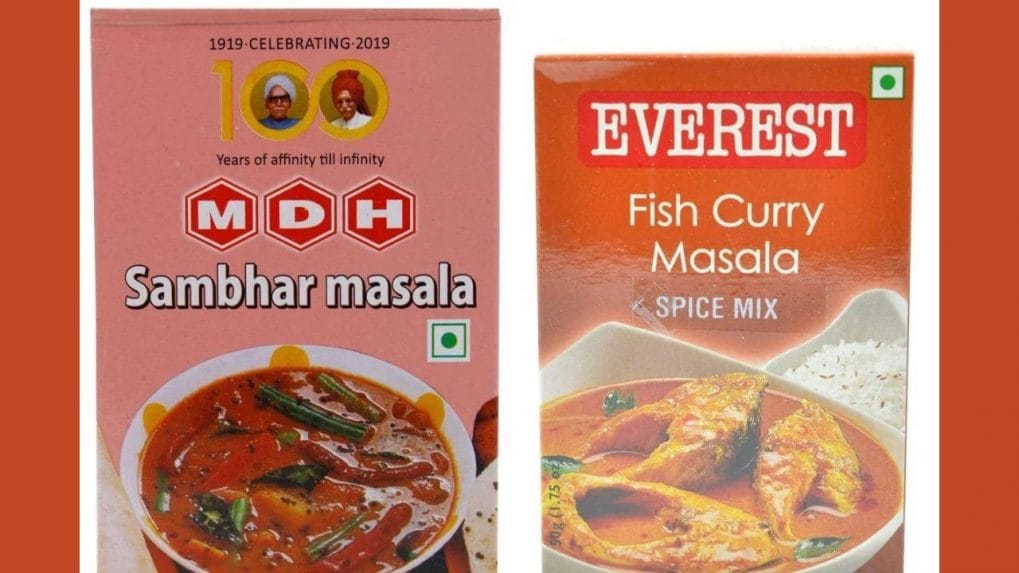FSSAI cancels licences of 111 spice producers due to high levels of ethylene oxide found in samples
The action comes after over-the-limit levels of ethylene oxide were found it spice samples of prominent Indian brands including MDH, Everest, Badshah and Catch, among others.
ADVERTISEMENT
The Food Safety and Standards Authority of India (FSSAI) has cancelled manufacturing licences of 111 spice producers, as per media reports. The authority has asked these producers to cease all production with immediate effect.
The action comes after over-the-limit levels of ethylene oxide were found it spice samples of prominent Indian brands including MDH, Everest, Badshah and Catch, among others.
The FSSAI will continue testing around 4000 samples around India and will suspend more licences than the 111 already suspended, if needed.
As per reports, most of cancelled licences come from small-sized spice producers in Kerala and Tamil Nadu. Maharashtra, Gujarat and Madhya Pradesh are also under the regulator’s scanner.
In June this year, spice brands MDH, Everest, Gajanand, Shyam and Sheeba Taza had been found unfit for consumption in Rajasthan after failing quality tests conducted by the Rajasthan health department as part of the state’s campaign against food adulteration.
Tests found that MDH’s garam masala included acetamiprid, thiamethoxam and imidacloprid. MDH’s vegetable masala and chana masala on the other hand included tricyclazole and profenofos.
Shyam’s garam masala had acetamiprid, Sheeba Taza's raita masala included thiamethoxam and acetamiprid, Everest's cumin masala had azoxystrobin and thiamethoxamand, while Gajanand’s pickle masala contained ethion.
Additionally, the health department also found that the pesticide and insecticide levels in the spices were much higher than the permissible limits, which were potentially high on the health risk scale.


